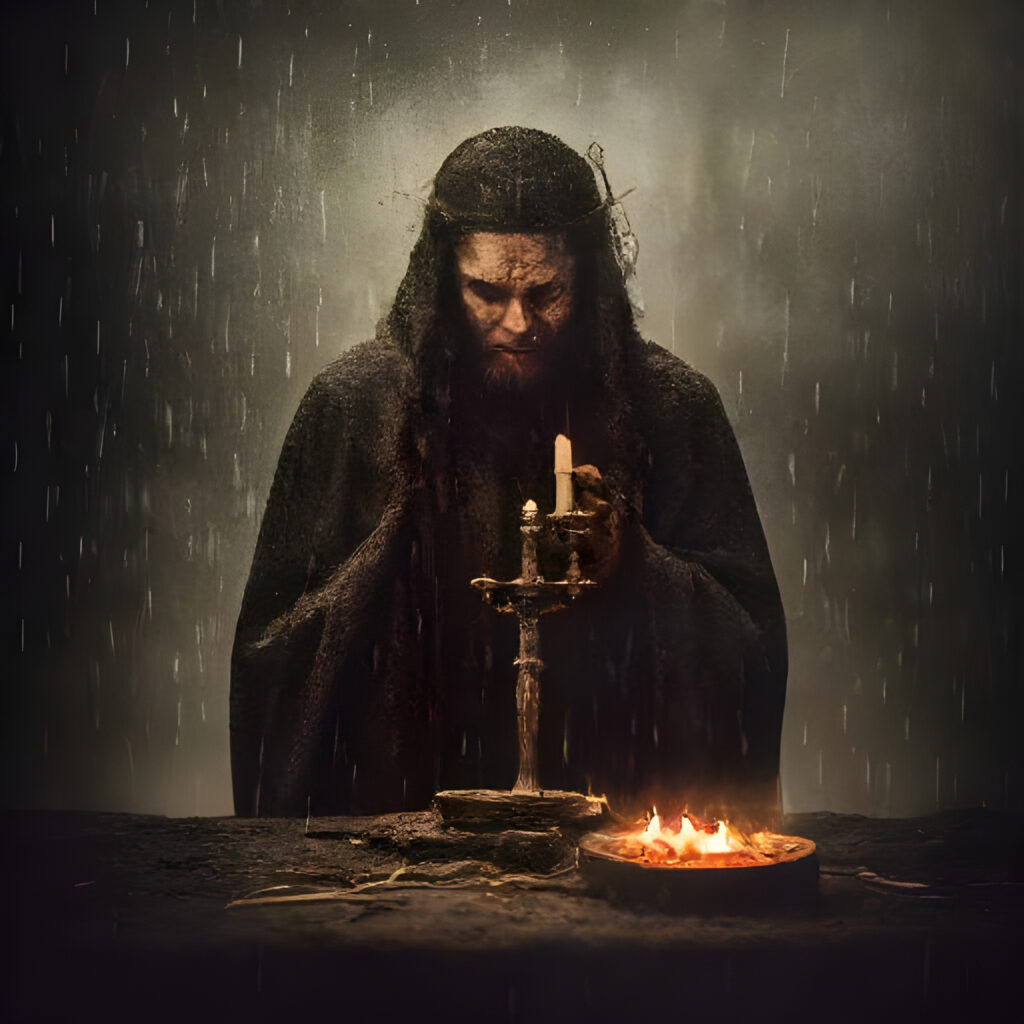The Conversion of King Edwin

A substantial part of Bede’s Ecclesiastical History is taken up with the long process of Edwin’s conversion to Christianity and, as a result, we have the first character portrait of English literature. Bede portrays Edwin as cautious and capable, a king weighing up the relative advantages of remaining true to the gods of his fathers or accepting the new god. The single most famous scene in Bede tells of the council that Edwin summoned, gathering his warriors and also his existing priesthood, to debate the merits or otherwise of conversion.
Rather unexpectedly, according to Bede the most enthusiastic advocate for conversion was Coifi, Edwin’s pagan priest. As Bede had close contacts with the Northumbrian royal court, there’s no reason to think that he made this up. According to Coifi, he had done everything the gods required of him, making sacrifice, offering up prayers, doing all that was required and, in return, he was no better off than men who had ignored the gods.
While it might seem strange to us that a priest should advocate giving up his religion on such pragmatic grounds, it does fit with the basic point of polytheistic religion. The world these religions dealt with was uncertain: disease, storms, famine and death stalked the world, personified by the powers of sky and earth. The gods, as those personifications, were as fickle as their earthly powers. The key purpose of religion was to change the odds in your favour by appeasing and placating inscrutable gods.
But Coifi says up front that he’d done all that to no end. He’d performed the rituals, made the sacrifices, done all that the gods asked of him, and it had not produced results. So rather like a man washing his hands of an unfaithful lover, he throws the old gods over and suggests they try their luck with a new god.
0 Comments